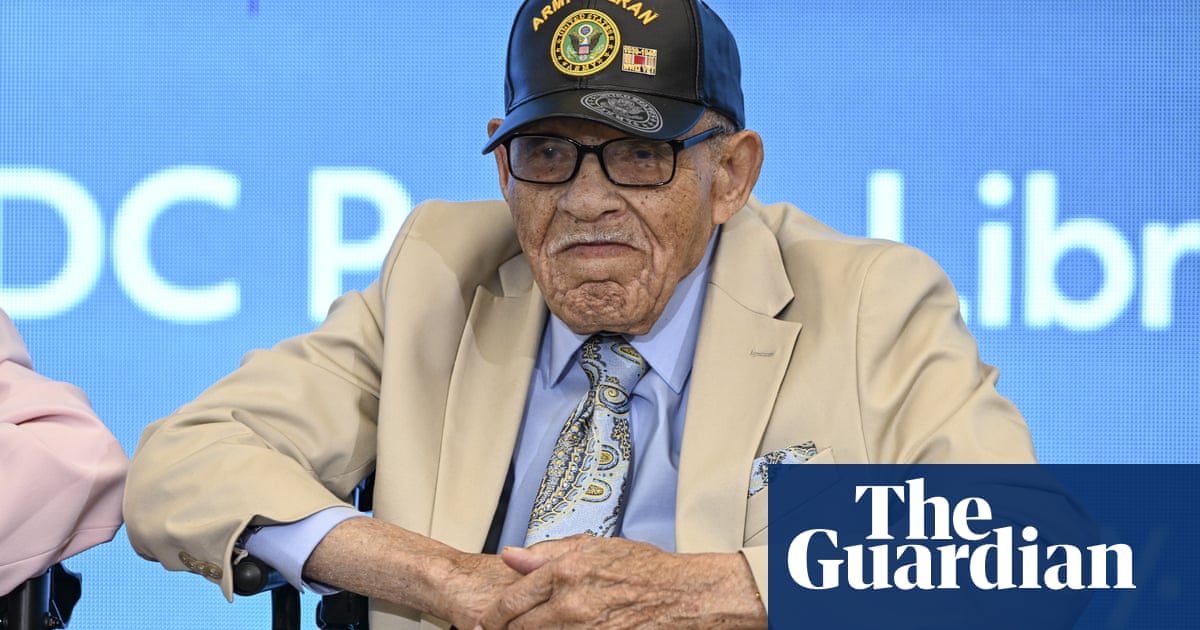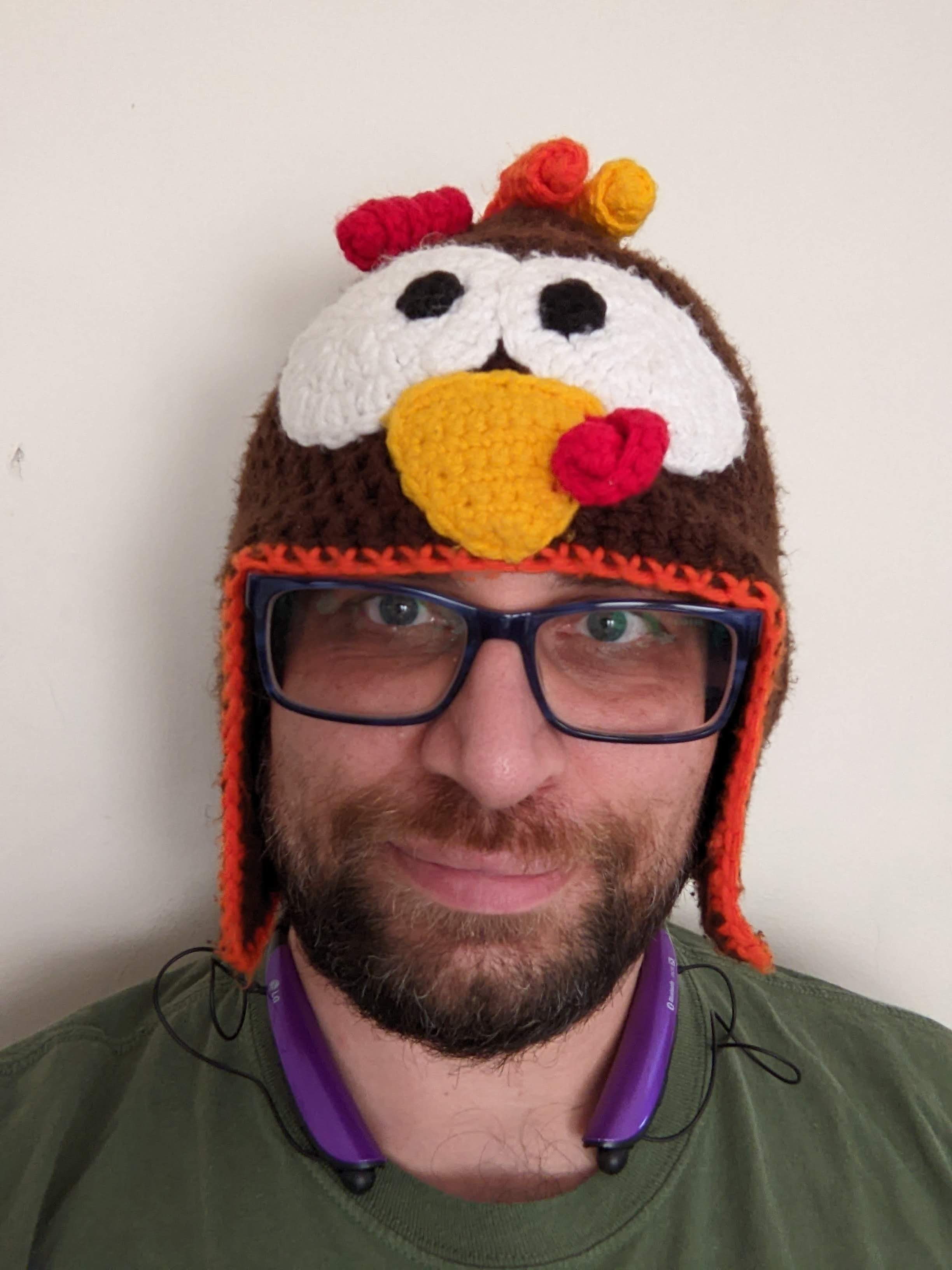One of the last known survivors of the Tulsa race massacre of 1921 has died, his family has confirmed in a statement.
Hughes Van Ellis died from cancer Monday night at the age of 102, his family said.
He was one of the most outspoken activists for reparations over the massacre and fought for them on behalf of Tulsa’s Black community for decades. But, his grandnephew Ike Howard told CNN: “He died waiting on justice.”
The family’s statement added: “Two days ago, Mr Ellis urged us to keep fighting for justice. In the midst of his death, there remains an undying sense of right and wrong. Mr Ellis was assured we would remain steadfast and we repeated to him, his own words, ‘We are one,’ and we lastly expressed our love.”
The Tulsa race massacre was one of the deadliest cases of racist violence in US history. It began when a white mob stormed an area of Greenwood in Tulsa, Oklahoma, referred to as “Black Wall Street” because it was one of the wealthiest Black communities in the US at the time.
deleted by creator
*all parents
Everyone should know about this, too many don’t.
I grew up in Oklahoma less than an hour from Tulsa and didn’t learn about it until years after I graduated from high school.
I’m from Tulsa and didn’t know until I walked that land in '89. Commented already, can’t say more.
Yeah I didn’t learn about this shit until college, it’s definitely something that needs to be more widely recognized.
Where’s my Land Before Time-esque 1980s children’s movie about the happy black neighbors who get fucking massacred by the end of the movie? I’m not saying we need to emotionally scar future generations, I’m just saying that you’d think there’d be some actually valuable lessons in all the childhood trauma movies my generation consumed. Somehow my generation instead ended up with far more Nazis and white nationalists than I expected.
deleted by creator
No, they didn’t. It’s definitely as important for white children to know about this as it is for black children to know about it.
As the white parent of white children, I agree. If anything, I’d argue that it’s MORE important. Black children will, unfortunately, see plenty of examples of racism in their lives. Meanwhile, it’s easy for white children to not see racism because it doesn’t affect them personally.
It’s like how I was just arguing with a Christian friend of mine. He’s of the opinion that antisemitism is rare to nonexistent in the US. I told him, as a Jew, that it’s prevalent, growing, and scary. He wrote me off as being hysterical because he doesn’t see it. Well, of course he doesn’t see it. He’s not the one being threatened by the Nazis waving swastika flags.
It’s important to know where your blind spots are and pay attention to what’s happening there.
No.
Also, wtf?
Racism…
¯\_(ツ)_/¯
deleted by creator
Making sure everyone knows about the Tulsa massacre? Yeah, no, I don’t really see the humor in that my dude.
deleted by creator
Not sure if you’re trolling or nuts but have a good one chief.
It’s sad that I learned about this event from the HBO show Watchmen. It was maybe a brief paragraph in US History class in high school. I’m in my 40s and white. A rather telling indictment of the US education system.
I learned it walking the fucking streets where it happened. In '89 there was no education on the subject, no monuments, nothing but fucking burned concrete outlines of foundations and sidewalks, planted in a huge, mowed field outside of Greenwood.
We were loud-mouthed, know-it-all teens back then, decided we would go check it out. We weren’t loud-mouthed that day. We could barely speak walking that ground.
“Jesus… These were entire blocks of homes, streets, burned to the ground. Who lived here? What was it like then? Did anyone survive?”
Like watching hurricane damage on the news, it’s so much worse on the ground than you can possibly imagine.
I’m crying and don’t want to explain to my Philina gf, I’m out.
I learned about it from YouTube videos like
as well as various news stories.
My high school history classes were basically “slavery happened which was bad. Then, Lincoln freed the slaves. Nothing important happened until the Civil Rights Movement in the 60’s when Martin Luther King Jr. gave his ‘I have a Dream’ speech and black people were fully given equal treatment under the law. Then everything was perfect and there were no lingering issues at all.”
Now, I get that high school history classes are time limited. You can’t possibly cover all of US history in 2 semesters. Some things need to be cut/glossed over. I don’t expect a high school class to give a fully accurate accounting of EVERYTHING that happened. At the same time, glossing over all the bad stuff that happened to black people between slavery ending and the Civil Rights movement seems suspect as does glossing over any issues after the Civil Rights movement. (For reference, I was in high school in the early 90’s.)





